6 drinks that aren’t as healthy as you think they are!
By Louise Belle BHSc (Nut Med)
If you are trying to lose weight, or just be healthier in general, looking at your beverage intake is just as important as addressing your food intake. The thing about beverages is that people sip away or guzzle them down without realising that they could be consuming a lot of calories/sugar. Being more aware of what you’re drinking will help you to get healthier and leaner!
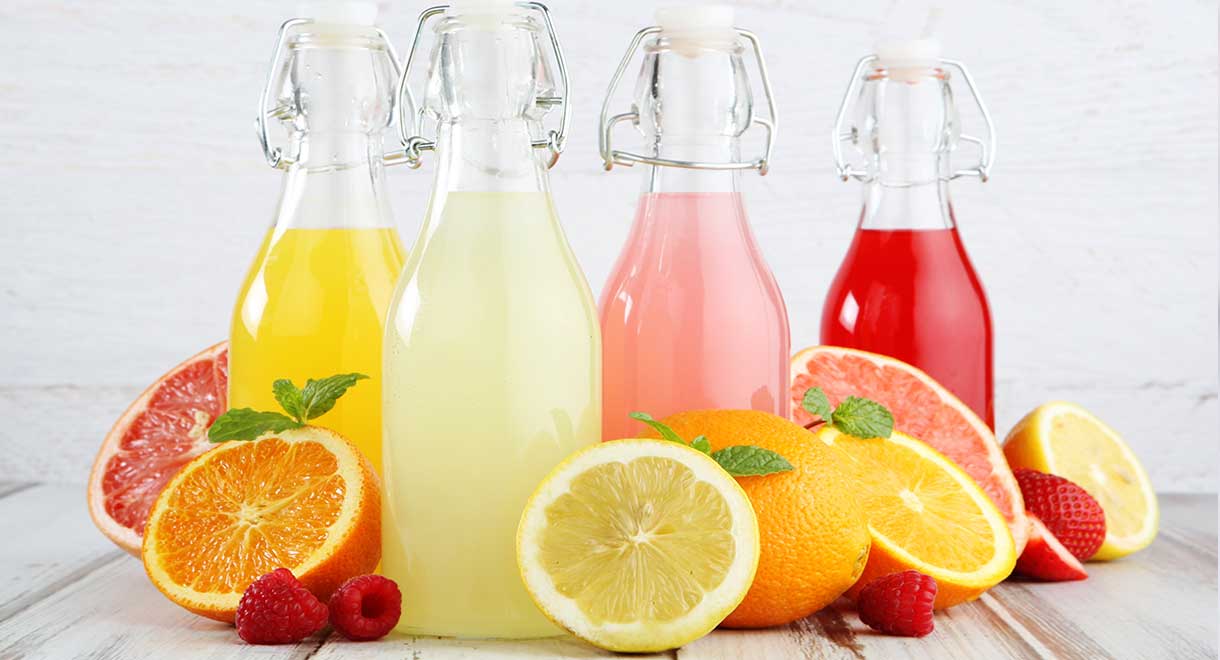
1. Fruit juice
Whilst freshly squeezed juice is loaded with vitamins, minerals and antioxidants, store-bought juice is often not even ‘natural’ juice. Many of them are made from concentrate or reconstituted juice, which basically means that the real fruit juice was heated to evaporate most of the water, turned into a concentrate, transported and then the water is added back in at the end (along with sugar, flavours and preservatives). This process destroys most of the nutritional benefits. There are a couple of brands which sell 100% juice and are a much better option than those made from concentrate. Fresh is always best, so try to make your juice when you can. See Raw Juices Can Save Your Life for delicious juice recipes.
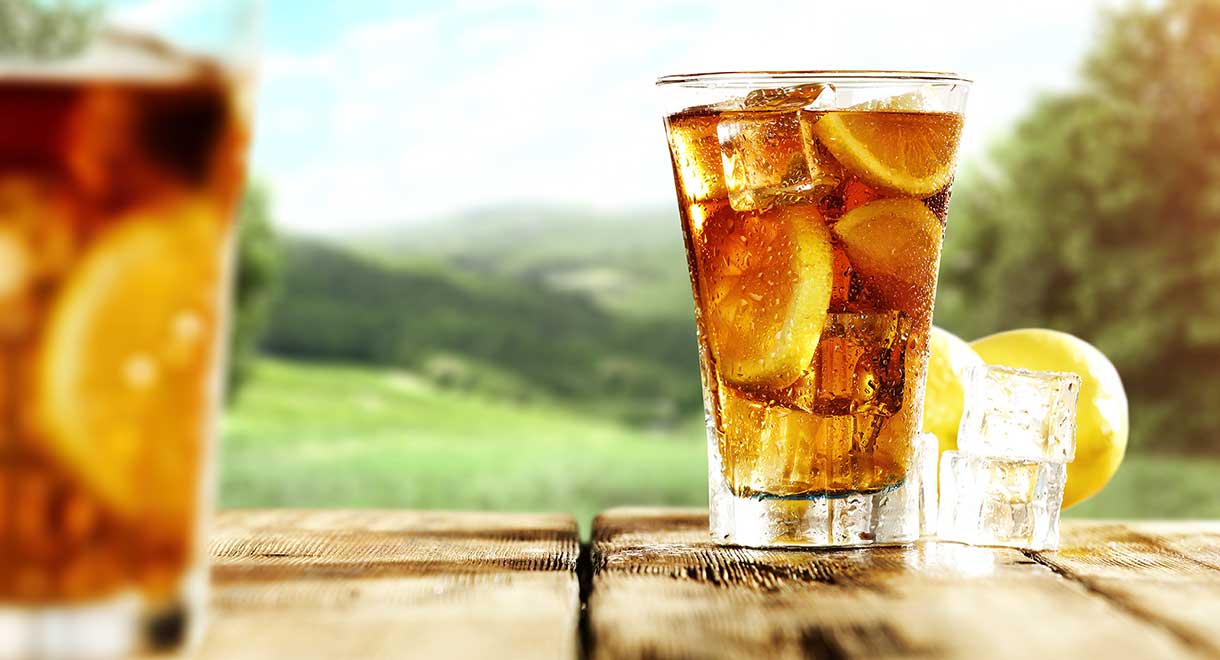
2. Bottled iced tea
If you’re making your own iced tea by diffusing tea in hot water, allowing it to cool and adding ice or perhaps a natural sweeter such as Nature Sweet, it is perfectly healthy. If you are buying it ready-made in a bottle thinking that it’s a healthier alternative to soft-drink, think again! Ready-made iced teas are generally loaded with sugar and preservatives. A popular brand sells a lemon iced tea which contains 32.5g of sugar per 500ml bottle – that’s 8 teaspoons!
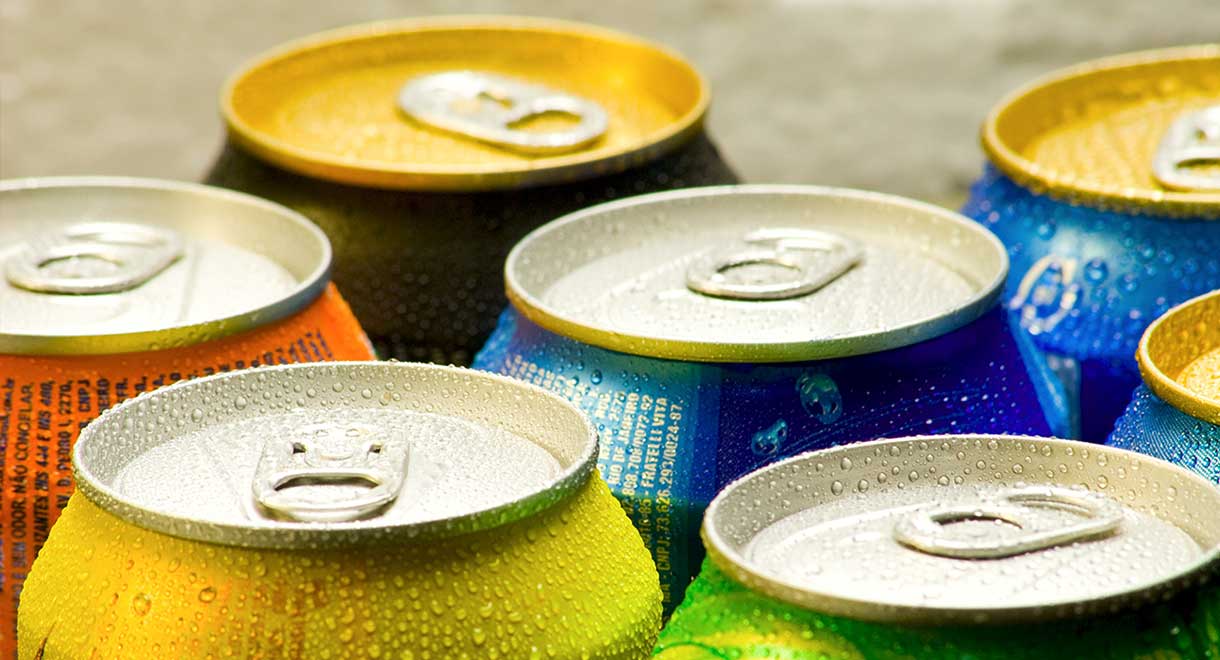
3. Diet drinks
Due to clever marketing techniques we are led to believe that ‘diet’ or ‘zero-sugar’ beverages are healthy and we can consume them as part of a healthy or weight loss diet. Whilst they don’t contain any sugar, they remain a concoction of chemicals and artificial sweeteners that are far from anything you would find in nature. A recent study conducted on a group of rats fed either sugar or an artificial sweetener found that both were linked to obesity and diabetes. The researchers believe that artificial sweeteners lead to negative changes in energy metabolism and the way the body processes fat.
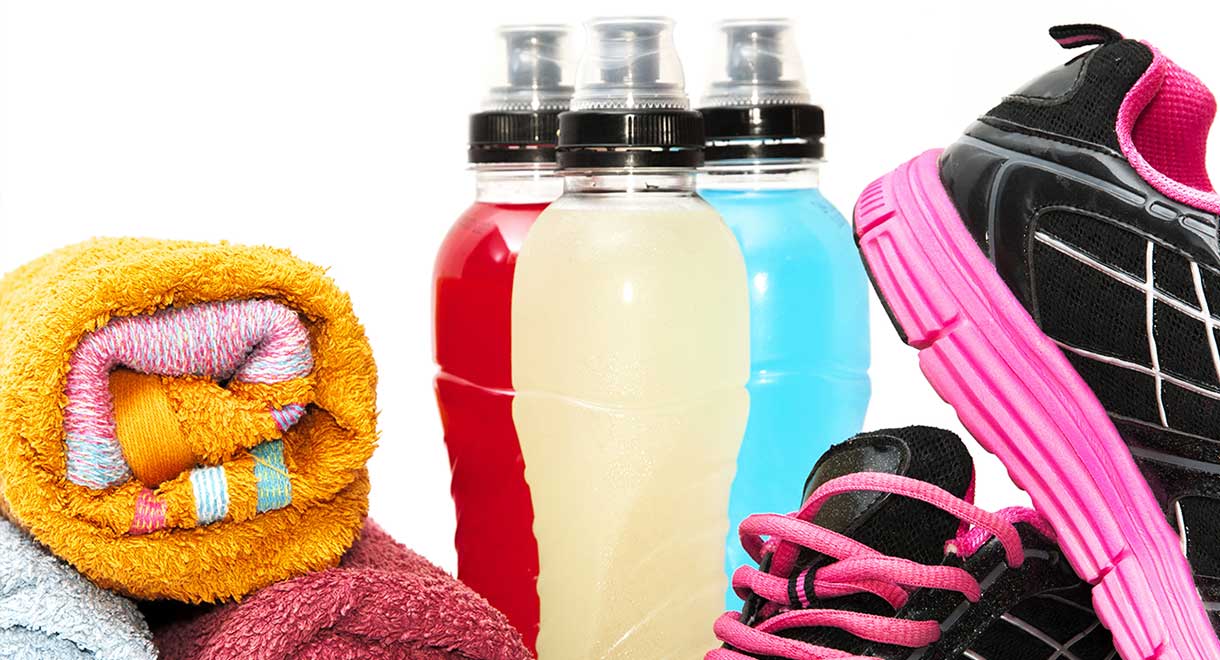
4. Sports drinks
These are often consumed by athletes and fitness enthusiasts as post-workout drinks to replenish electrolytes and support muscle recovery. They are marketed as being healthy and many people consume them without a second thought. A leading brand of sports drink contains ingredients like corn starch, ester gum, colours, dextrose and 38g of sugar, providing just 2% of the daily requirement of the mineral potassium. Magnesium and glutamine assist with muscle recovery and can be simply mixed with water to have after your workout.
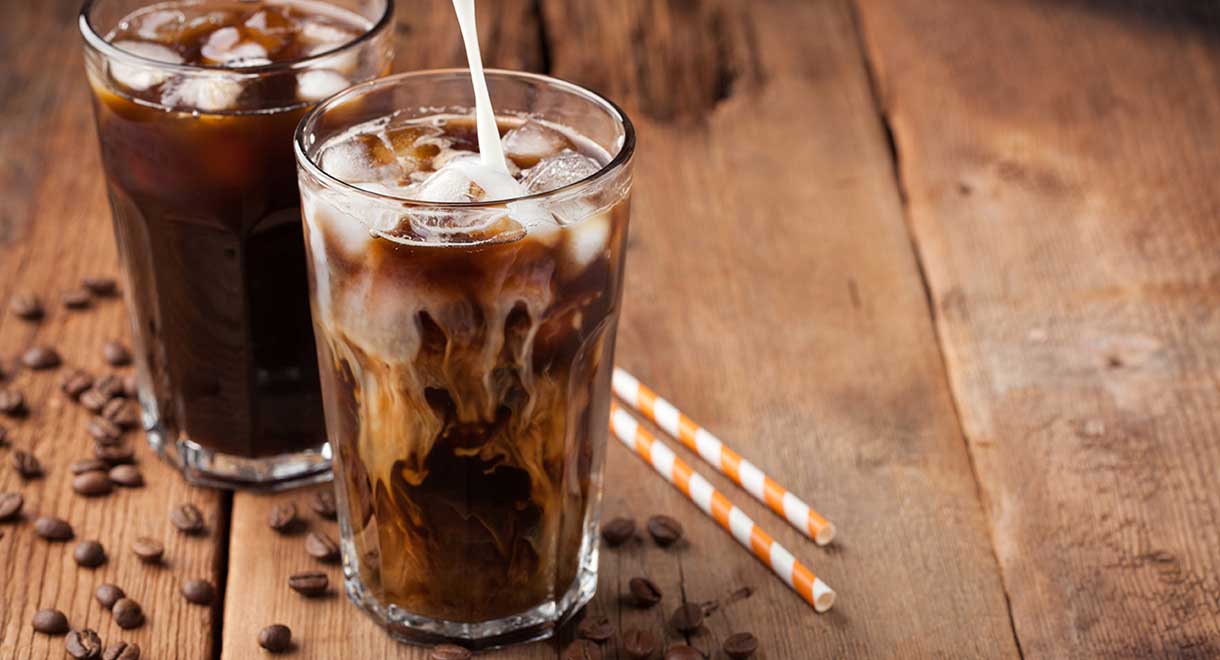
5. Iced coffee
Whilst a nice iced coffee in the afternoon might seem like a delicious, and somewhat healthy beverage, it isn’t the best option for you. A popular brand of bottled iced coffee contains artificial colours and flavours and 43.5g of sugar per serving, or just over 10 teaspoons. You’d be much better off getting a real takeaway coffee from your local café- you can always ask them not to heat the milk, and to add a few ice cubes if you prefer chilled coffee!
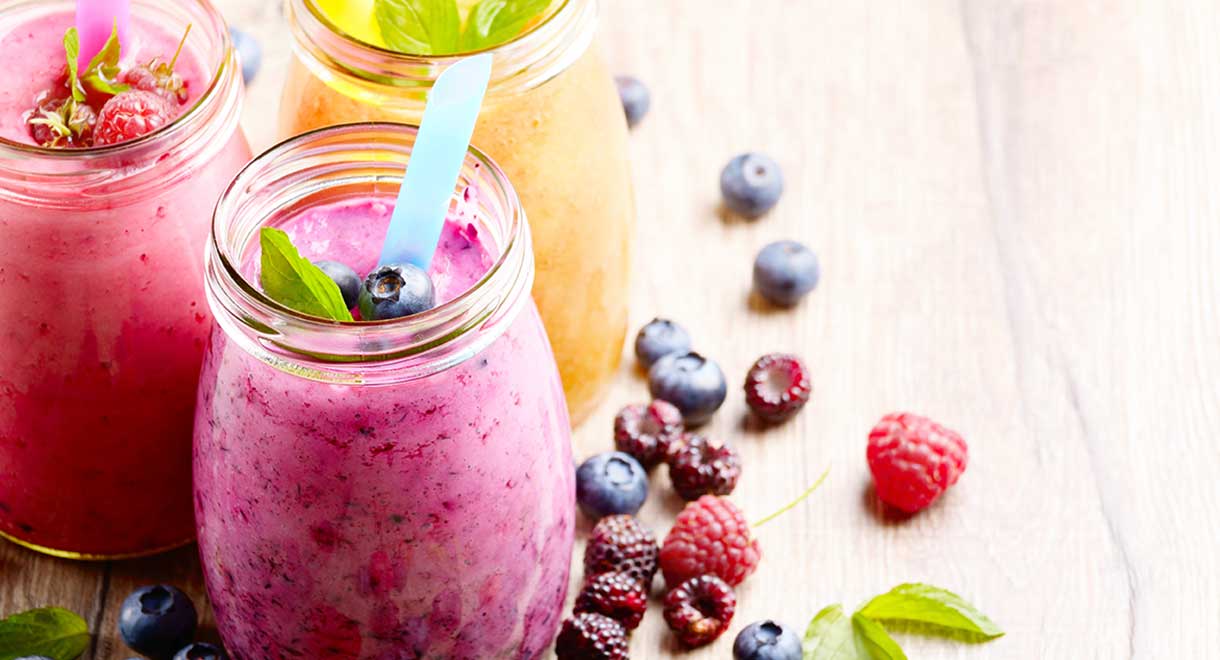
6. Smoothies
Now don’t freak out – not all smoothies are bad! When you make them yourself, you have control over the ingredients and you can make them really nutritious. Store-bought smoothies on the other hand are usually packed with sugar and preservatives. When you purchase a smoothie from a café, it may contain flavoured syrups or ice cream and you don’t even realise! A strawberry fruit blend drink from a leading coffee chain contains over 62g of sugar per serve, or more than 15 teaspoons! The World Health Organisation recommends limiting sugar intake to a maximum of 13 teaspoons per day, so just one of these drinks puts you over the limit! When preparing smoothies yourself, try to limit fruit to 1-2 servings and include good sources of fat and protein such as whey protein powder, nuts and seeds, coconut milk and chia seeds to balance blood sugar levels. You could also add in extra fibre such as flaxmeal or psyllium husk.
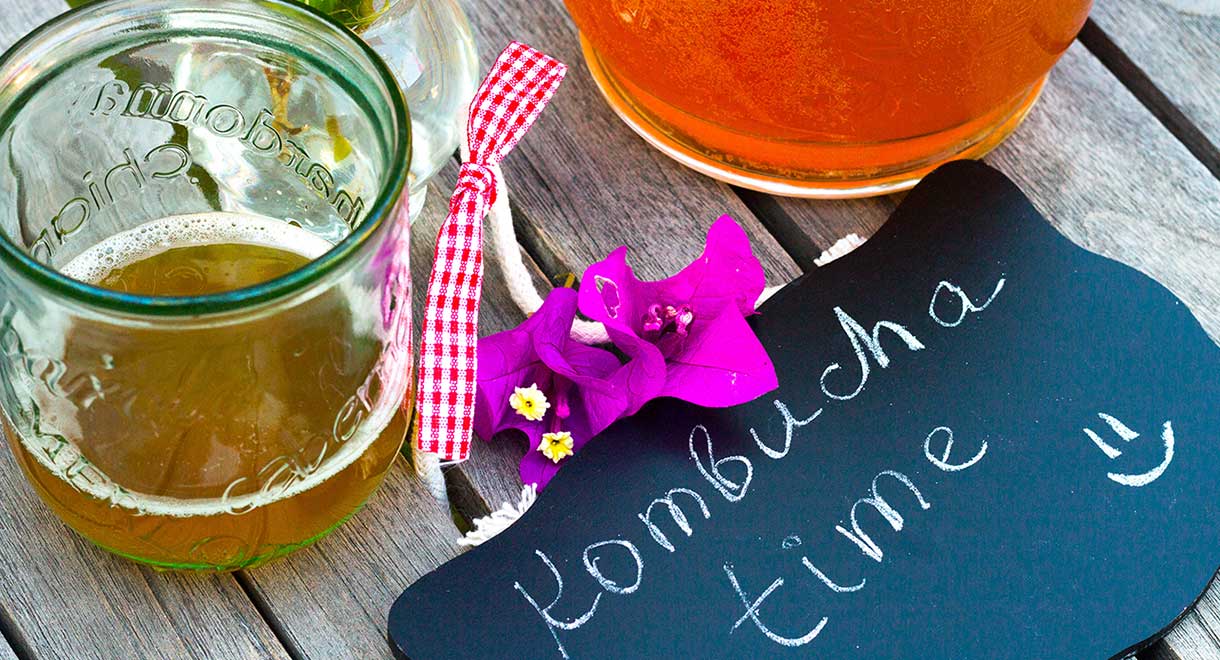
Some healthy drink options
- Water
- Soda water with fresh fruit
- Herbal teas
- Coffee or black tea (no sugar)
- Freshly squeezed juice
- Kombucha


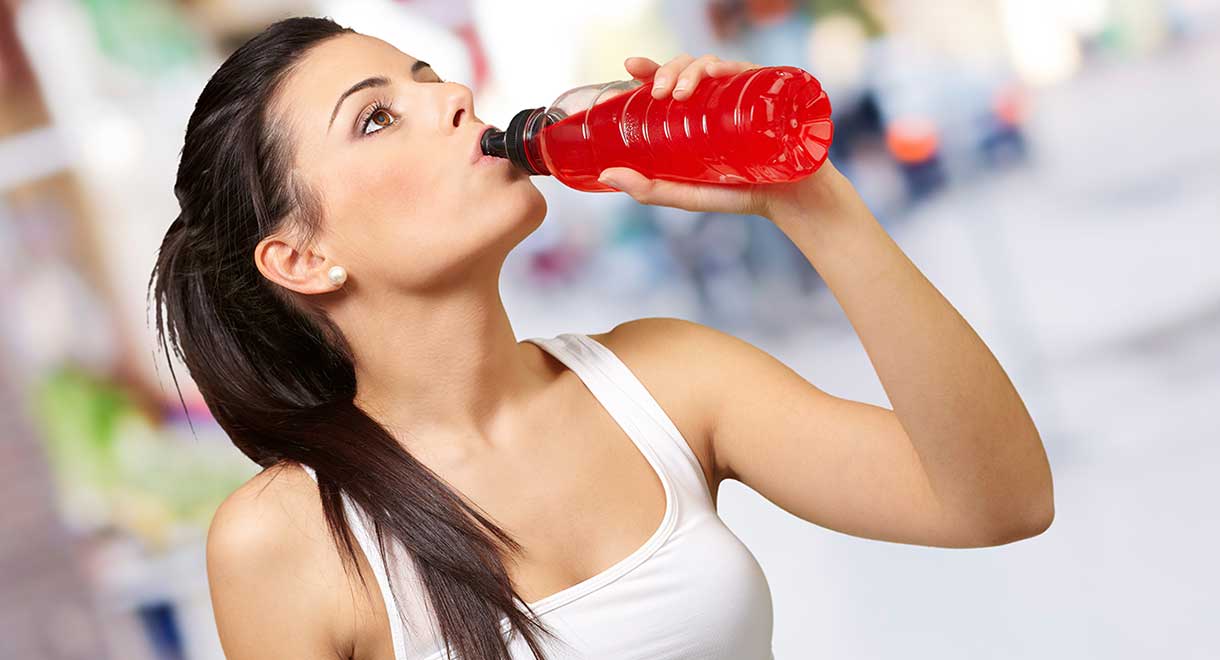


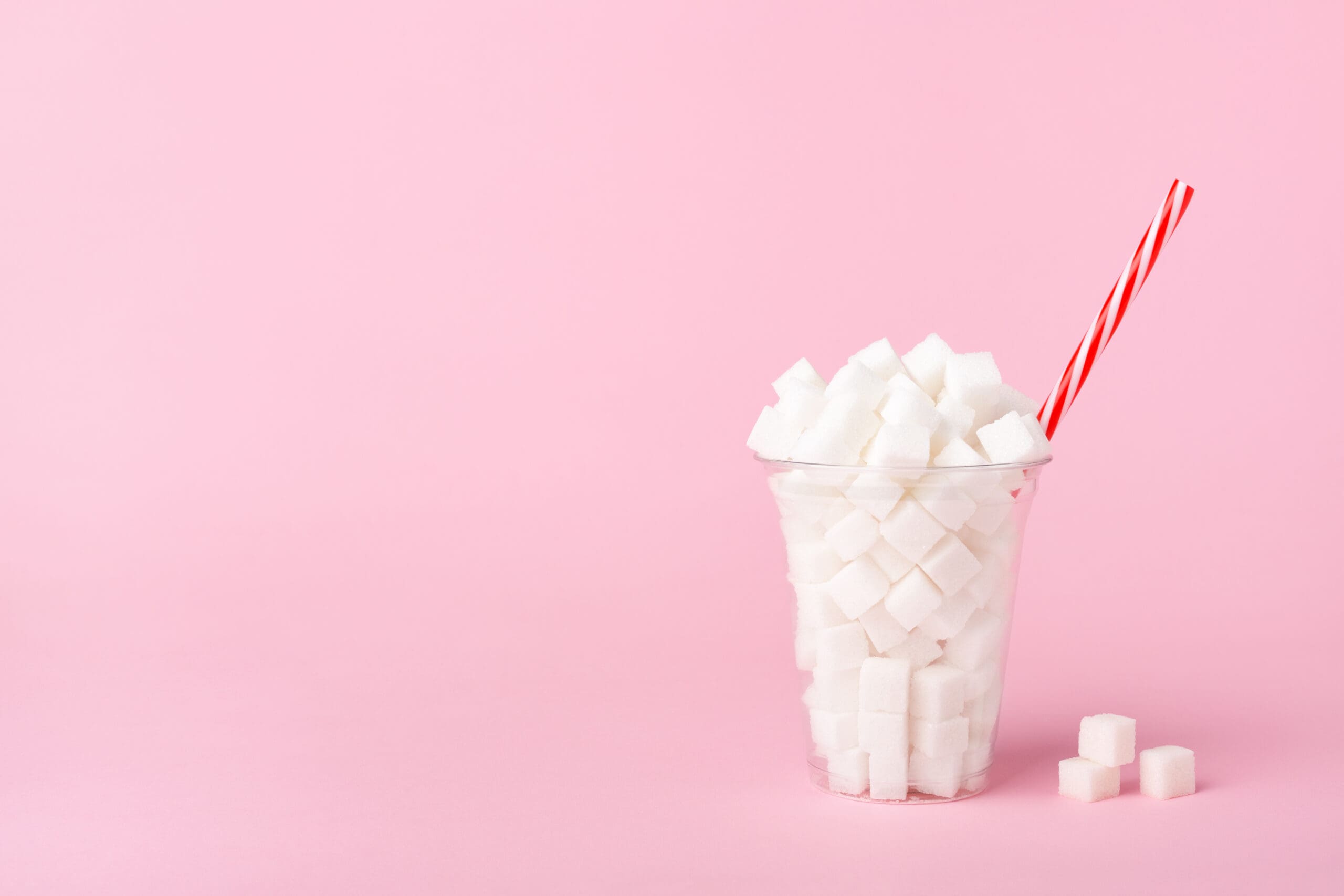
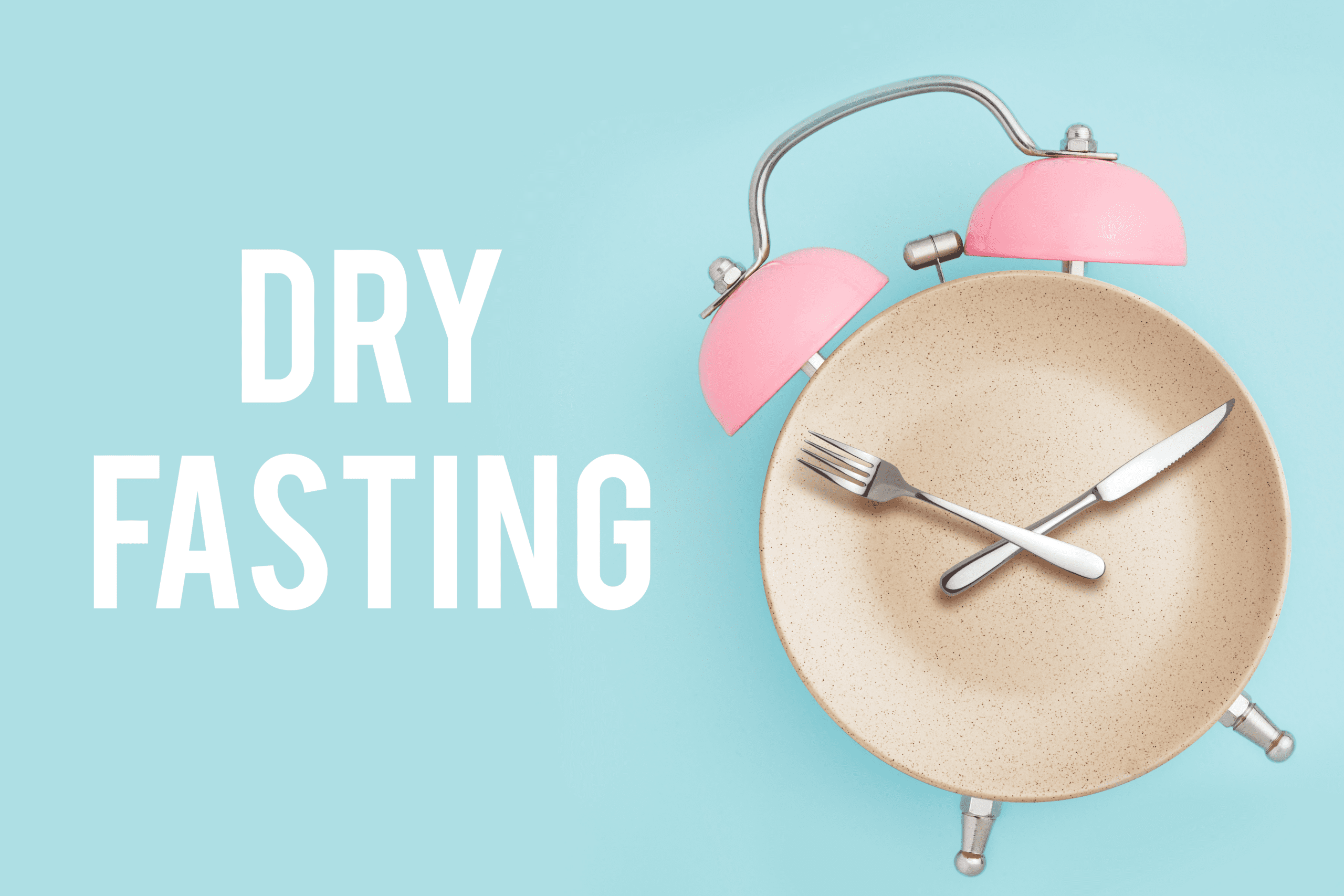
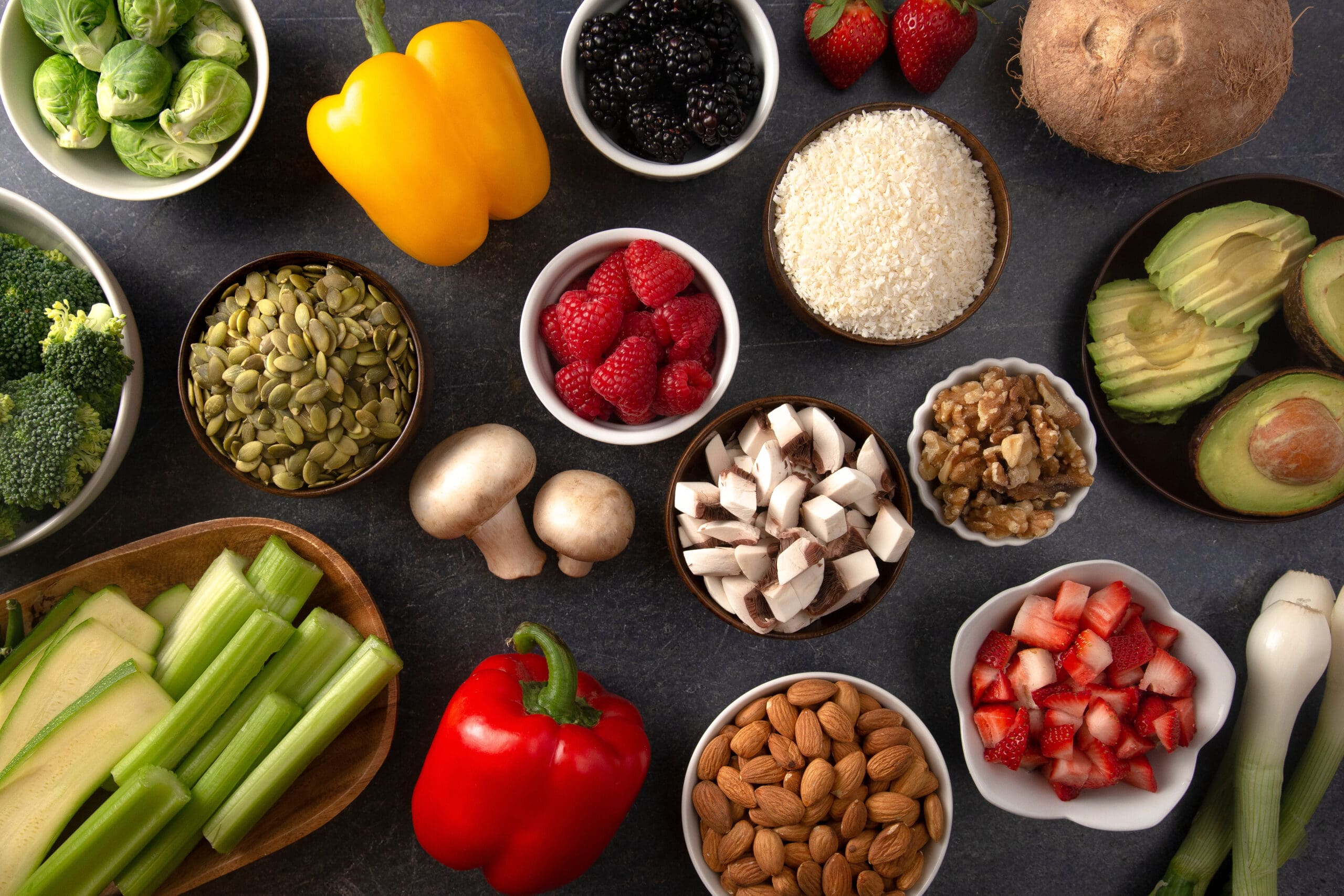
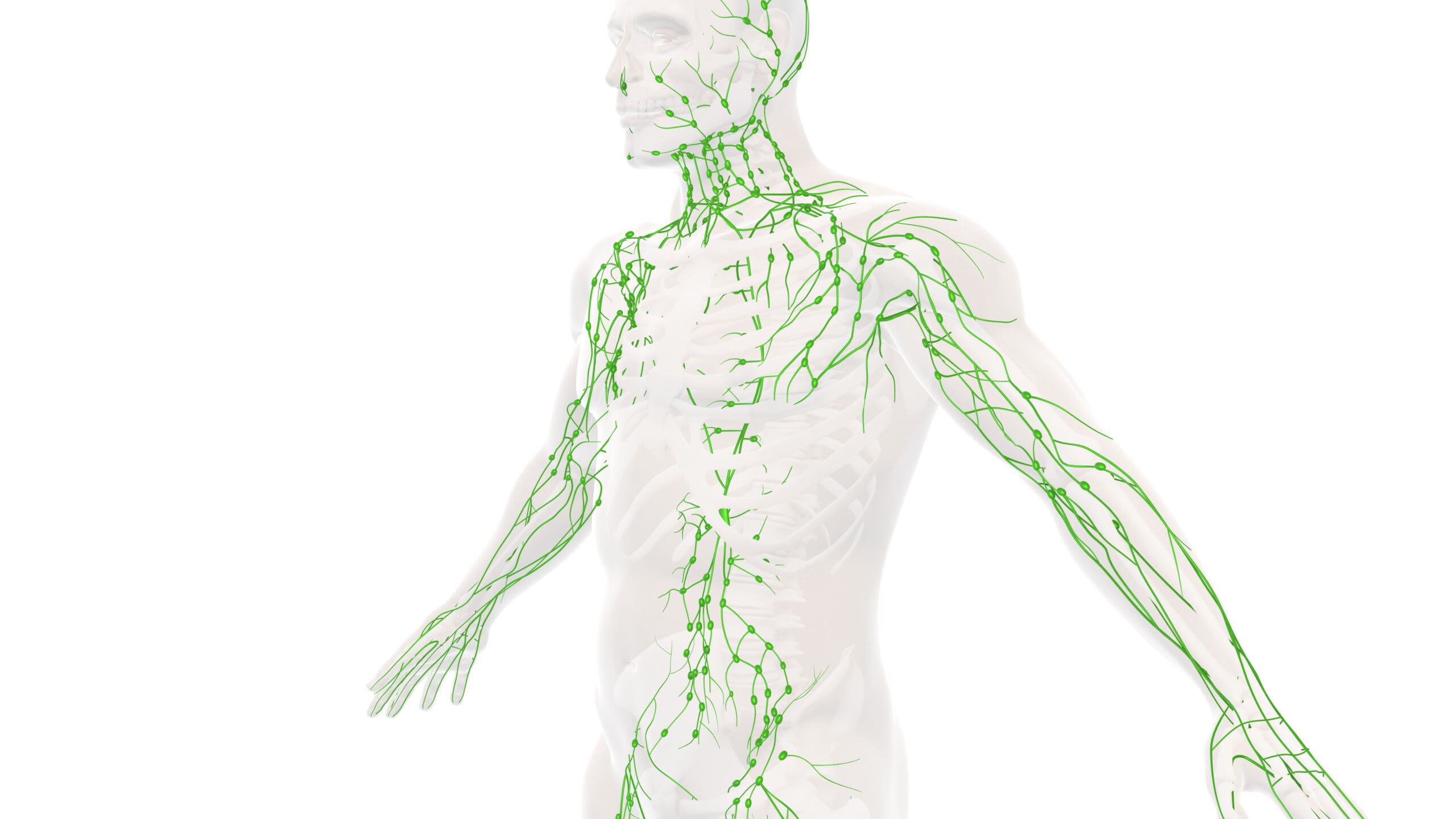
Leave A Comment